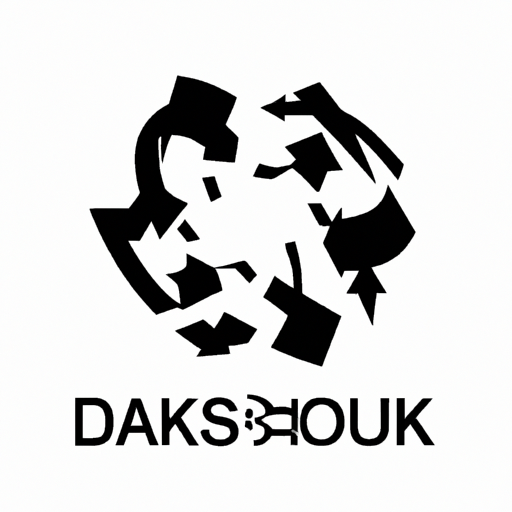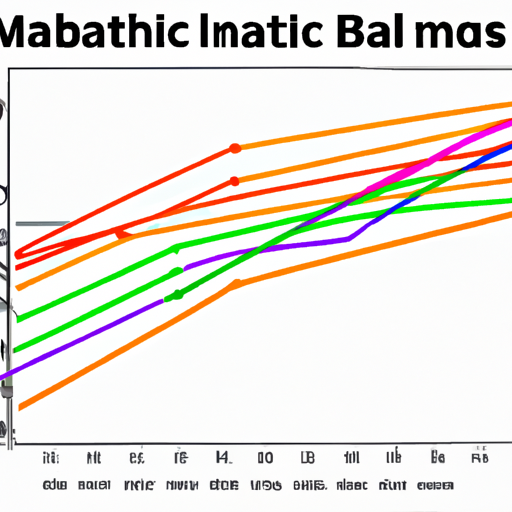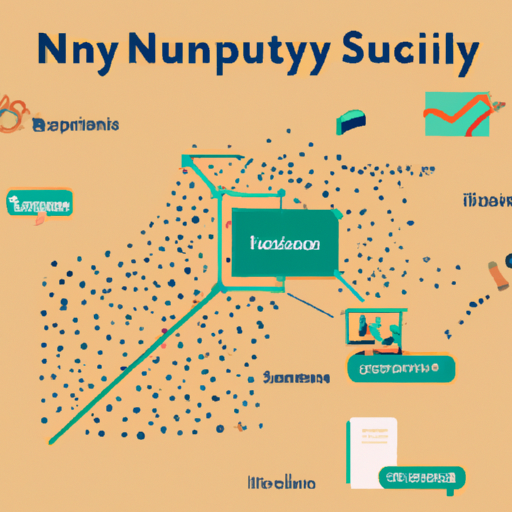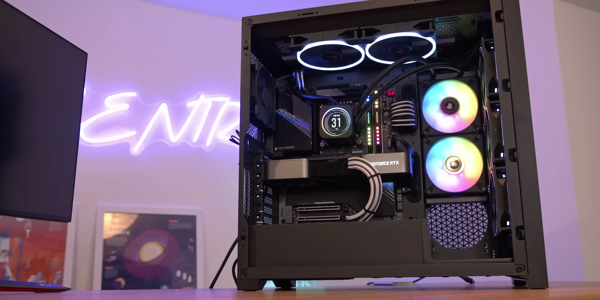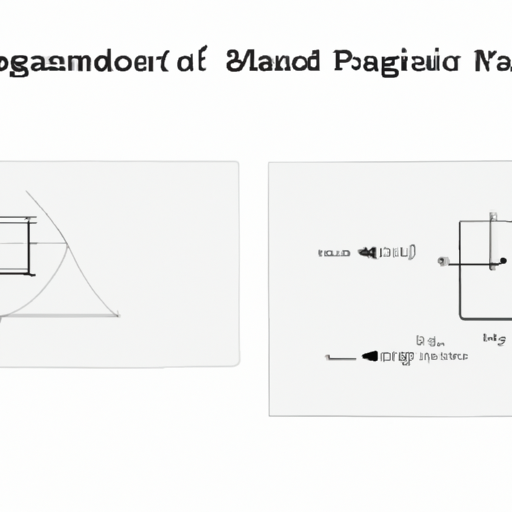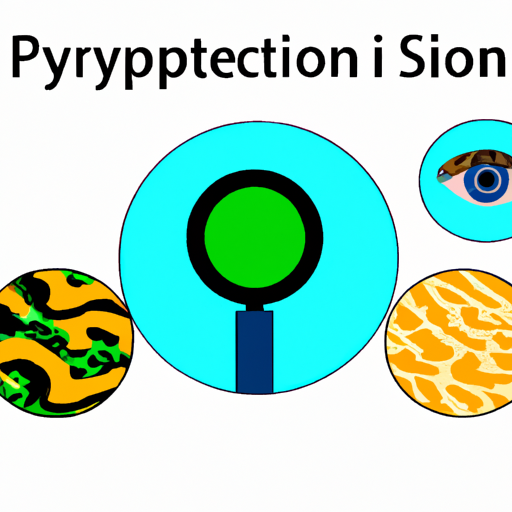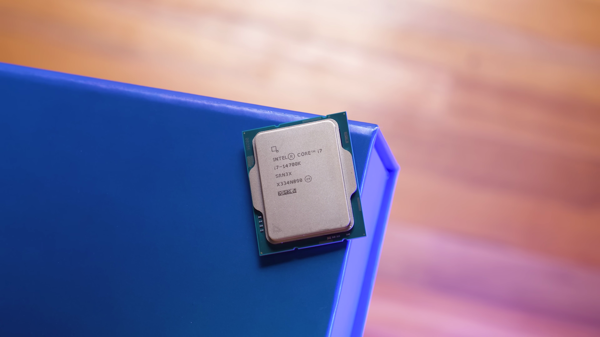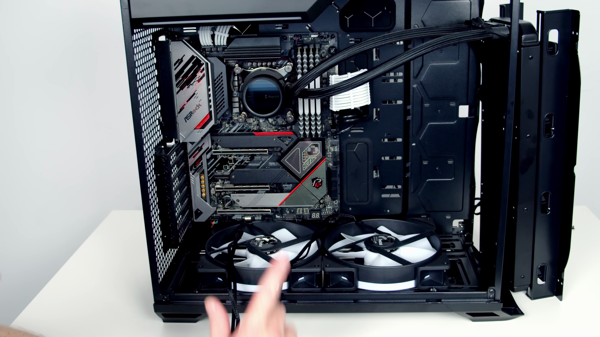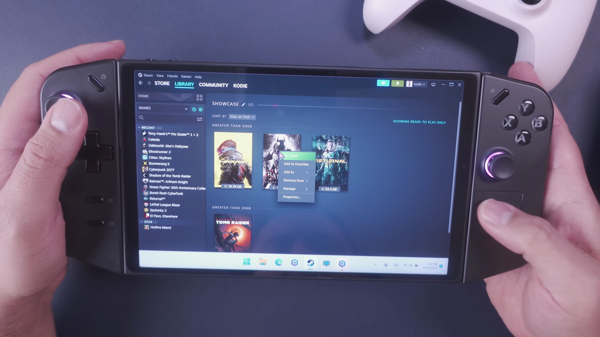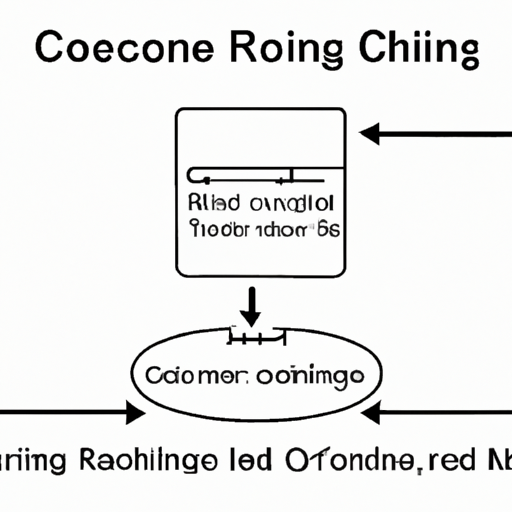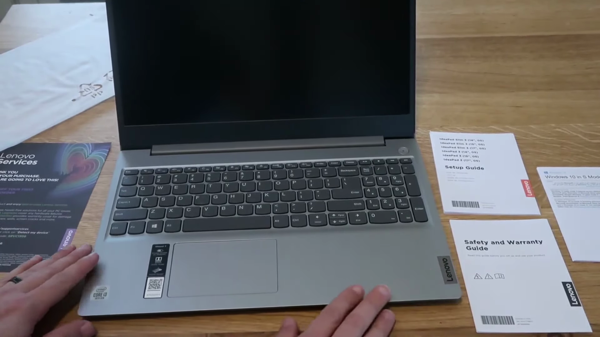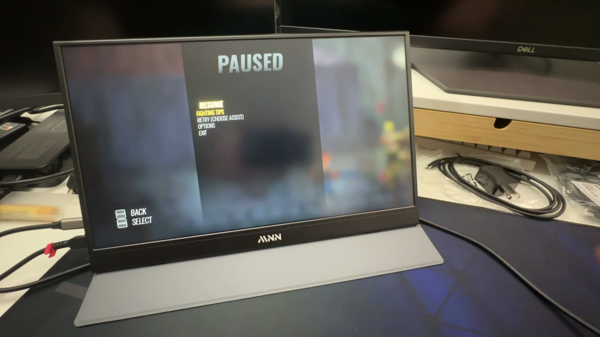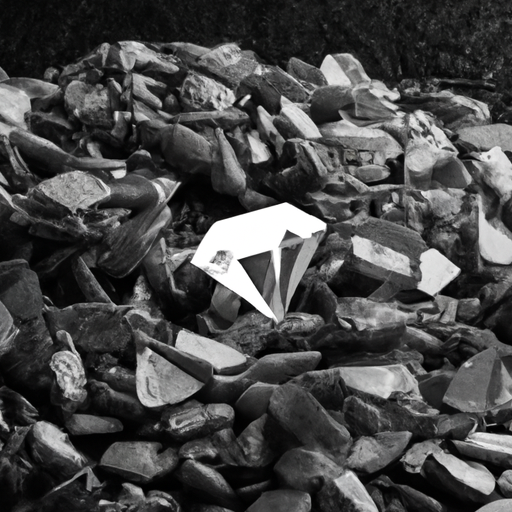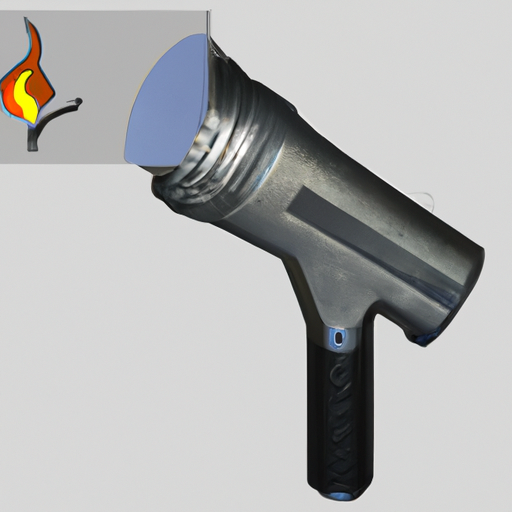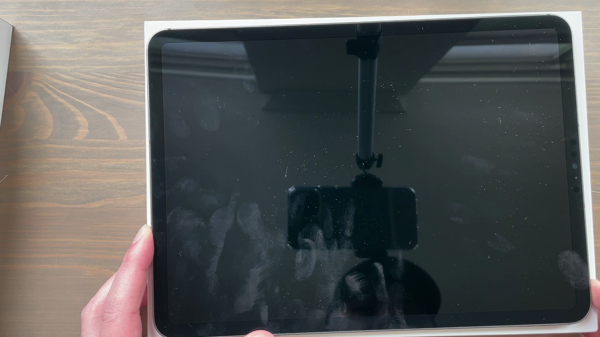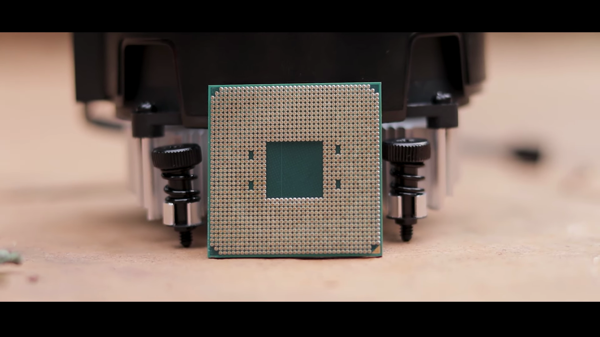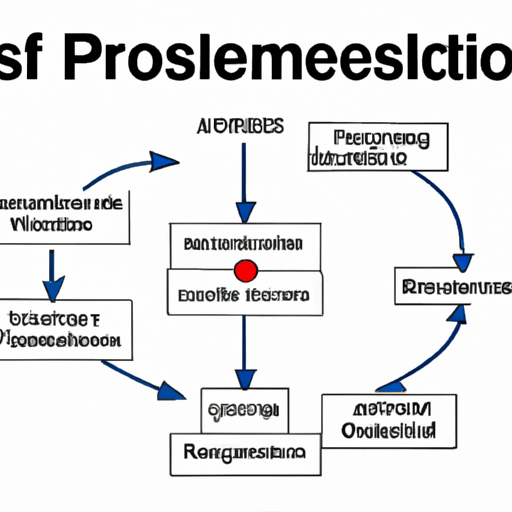My blog
I collect and present some of my latest thoughts on data science and gaming here, two major passions of mine. The latter I like to do when I need to take a break from the former. Both compliment each other very well.
My latest posts
Background
As a data scientist with a deep-seated passion for gaming, I’ve found that these two seemingly disparate interests actually complement each other in fascinating ways. Gaming serves as a much-needed respite from the rigors of data analysis, while also providing a rich playground for applying and observing data science principles in action.
Data trove
Firstly, the gaming industry is a treasure trove of data, with every interaction and decision made by players being a potential data point. This data can be used to improve game design, tailor experiences to individual players, and drive engagement through personalization. As a data scientist, I’m intrigued by the potential of leveraging machine learning algorithms to predict player behavior, optimize in-game economies, and enhance AI opponents to be more challenging and lifelike.
Techniques
Moreover, the procedural generation techniques used in games like “No Man’s Sky” or “Minecraft” are excellent examples of algorithmic creativity that can inspire data scientists. These techniques can be applied to data augmentation or to create more varied datasets for training machine learning models.
Recommendation systems
On the flip side, gaming benefits from data science through the development of recommendation systems, similar to those used by Netflix or Amazon, but tailored to suggest games to players based on their playing habits and preferences. This not only improves the user experience but also increases the likelihood of discovering indie titles that might otherwise go unnoticed.
Competitive gaming analytics
Furthermore, the competitive gaming scene, or esports, is a hotbed for analytics. Just as traditional sports have embraced data to optimize team strategies and player performance, esports teams are now hiring data scientists to gain a competitive edge. Analyzing game replays and player statistics can reveal patterns and strategies that might be invisible to the naked eye.
Gamification
Lastly, the gamification of data science education is an area ripe for exploration. By incorporating game design elements into learning platforms, we can make the process of learning data science more engaging and effective. This could involve creating data challenges with a narrative or incorporating leaderboards and rewards to motivate learners.
Future
The intersection of data science and gaming is a space brimming with potential. As someone who straddles both worlds, I’m excited to continue exploring how each can inform and enhance the other. Whether it’s through the application of data science to improve gaming experiences or using games as a medium to teach and apply data science concepts, the synergy between these two fields is undeniable and worth delving into for anyone interested in either domain.
